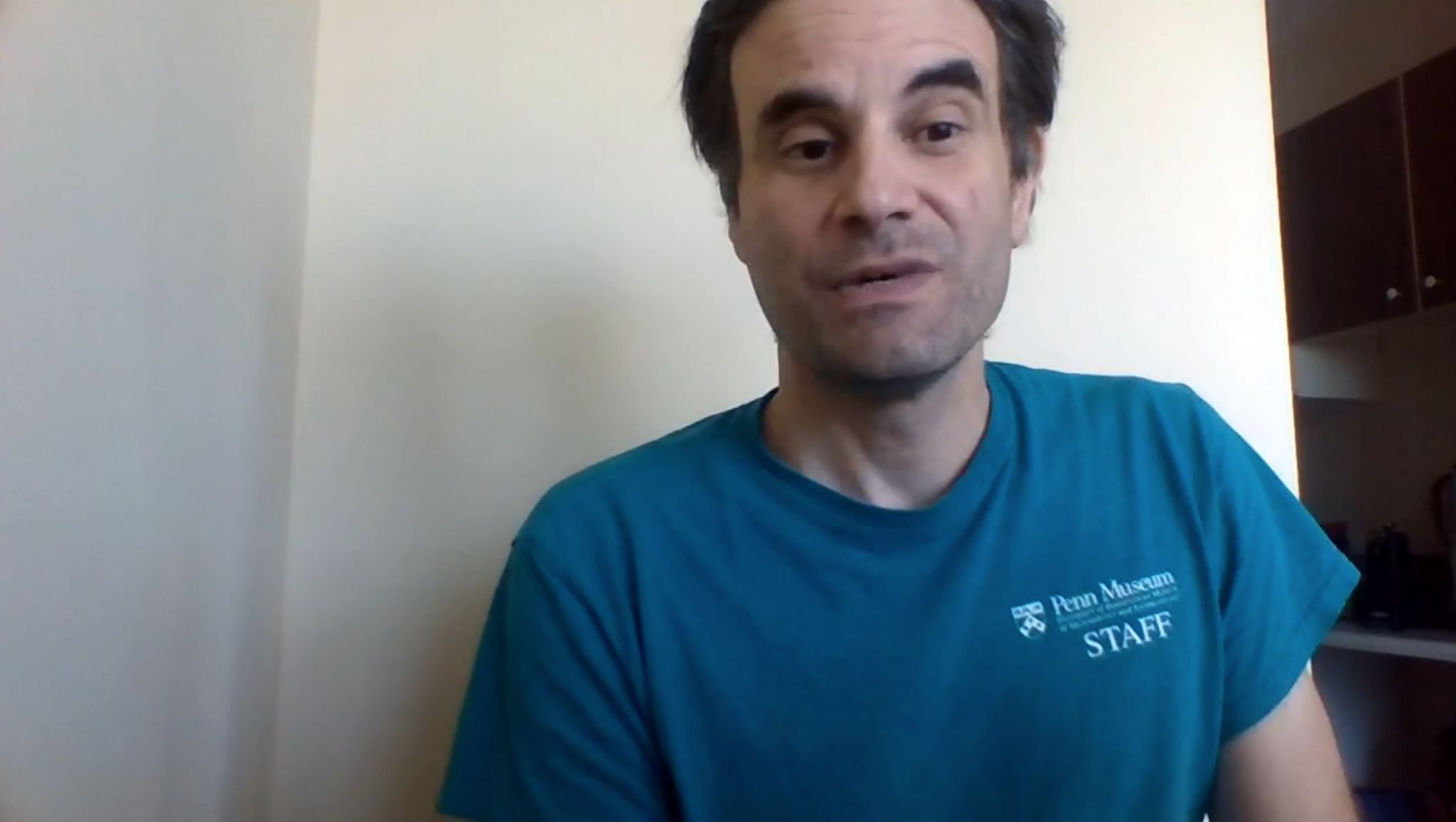
By KRYSTAL NURSE
The Sun
Many students don’t learn about African or Native American history until they enroll in college and take an elective history course.
Florence resident Lauren Purnell was destined to change that by her own means.
A conversation with her younger sister, Jasmine, inspired Lauren to submerge herself deeper into the education system and its role in teaching about American history. Jasmine questioned if she was being lied to about history after attending a recent Black Lives Matter protest.
Many protests — especially those led by Millennials and Generation Z — emphasize that public education has not fully taught history relating to minorities and their contributions to society.
The older sister answered some questions because of a previous college course, but she could not address others because of her own limited knowledge. So Lauren took to her Facebook page, Educating for Change, and posted a request to her former professor, Joseph Soler of Rowan College at Burlington County. She wanted him to lead virtual teachings of African American history.
“I consider it an essential part of American history and story,” said Soler, a Philadelphia resident who holds a doctorate of philosophy in history. “The part of the history and story that is given, along with Native American history, the least amount of respect and scholarship.
“It’s a chance to set the record straight.”
“This is my way of contributing to what I feel I have available to me,” Lauren noted. “This is what I’m good, at and this is my skill, so this is my contribution to society.”
The kid-friendly lessons have been held every Wednesday around noon as Soler employs virtual interactions and offers links for further reading.
Gruesome details of the country’s past are purposefully left out of the history Soler teaches, so young children are not unduly subjected to violence. The professor’s experience with the Penn (University of Pennsylvania) Museum’s children’s programming provided ideas on teaching complex anthropology concepts to kids.
Episode one addressed the Aunt Jemima controversy, which resulted in PepsiCo’s decision to rebrand the breakfast staple. The historian discussed the “mammy” archetype of a Black woman slave in a white family’s home (commonly those of a slave owner) and her care for its children. He expanded the caricature as it was presented in minstrel shows that commonly featured blackface.
Lessons also included stories of the Little Rock Nine, who desegregated an Arkansas high school with the protection of federal troops in 1957; activist and writer Booker T. Washington; and the controversial past of Christopher Columbus.
“Coming up (July 29), I’ll be covering the Virginia laws that enshrined American-style slavery,” Soler said. “It’s mostly the 1600s and early 1700s. Those deep roots are generally less well known. If the general roots are less well known, then the African American roots are — I don’t think it’s a stretch to say people know practically nothing about it.”
Soler explained that people often criticize liberal arts colleges and universities that they believe teach students to hate America. But he said college students learn “ugly truths” about America previously withheld from primary and secondary education.
Soler experienced the frustrating reality of miseducation when he taught Lenape, Shawnee, Cherokee and Seneca graduates and they could not name three Native American tribes from New Jersey or the tri-state area.
“Anywhere between 20 to 33 percent of my students cannot name Cherokee, Lenape and Shawnee. That’s your high school,” the professor exclaimed. “You have no idea what that is and can’t answer a basic question? That’s miseducation. It can be that basic. If you go to Lenape High School, you should know about who the Lenape people were (Nanticoke Lenni-Lenape).”
But Soler said he is optimistic that education omissions will be a thing of the past. And Lauren Purnell continues to enlighten her sister.
“My little sister was bouncing off ideas with me, and we discussed her meeting with a teacher to create a club to watch a 10-minute video on African American history and have a group talk session about it,” Lauren said. “It would be great for the schools to have.”
Lauren hopes the series and her Facebook page will continue to enlighten people on the purpose of the Black Lives Matter protests and other current social issues. She also wants to get more young students involved in workshops on the topic, though COVID-19 has put that initiative on hold.
“We’re approaching this point where there is so much that you can’t fit into a box,” Soler advised. “We need to teach as much as we can, but also teach with the clarity that we’re not teaching you everything, so when students move on and have more control, they’re not shocked that they never learned it.
“They will be aware that they … did not learn everything, and there’s more to the story.”



